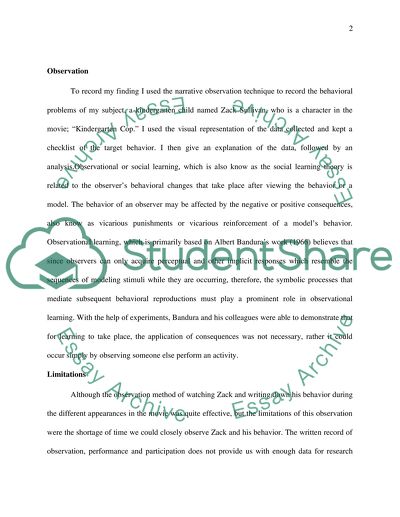Cite this document
(“Psychology of Observational Learning in Childhood: Essay”, n.d.)
Psychology of Observational Learning in Childhood: Essay. Retrieved from https://studentshare.org/miscellaneous/1509934-psychology-of-observational-learning-in-childhood
Psychology of Observational Learning in Childhood: Essay. Retrieved from https://studentshare.org/miscellaneous/1509934-psychology-of-observational-learning-in-childhood
(Psychology of Observational Learning in Childhood: Essay)
Psychology of Observational Learning in Childhood: Essay. https://studentshare.org/miscellaneous/1509934-psychology-of-observational-learning-in-childhood.
Psychology of Observational Learning in Childhood: Essay. https://studentshare.org/miscellaneous/1509934-psychology-of-observational-learning-in-childhood.
“Psychology of Observational Learning in Childhood: Essay”, n.d. https://studentshare.org/miscellaneous/1509934-psychology-of-observational-learning-in-childhood.


